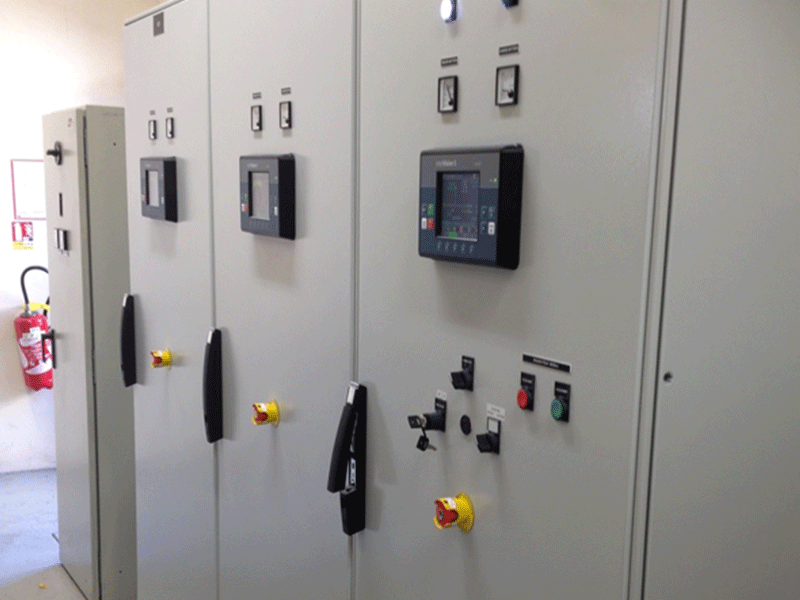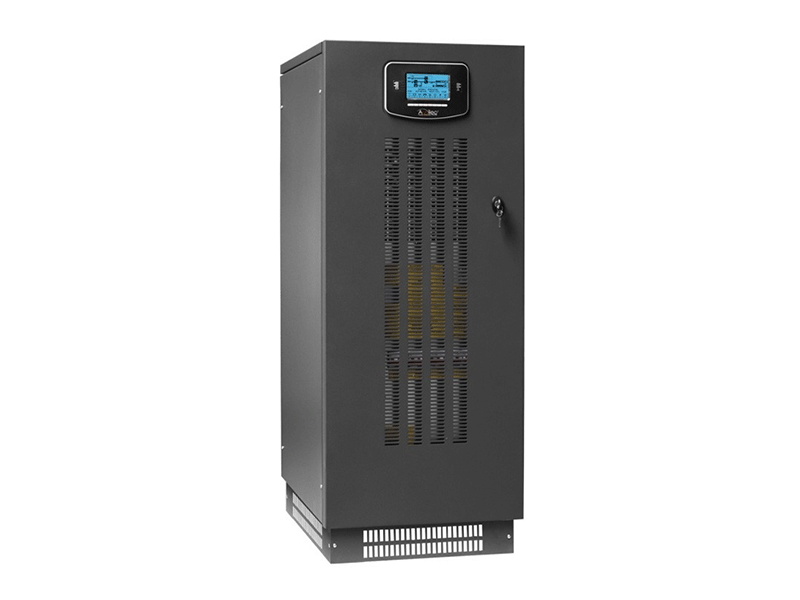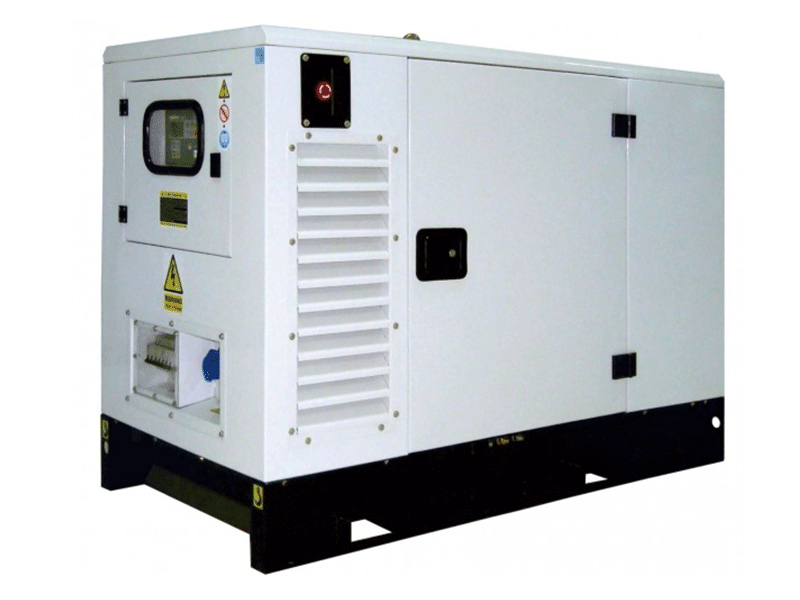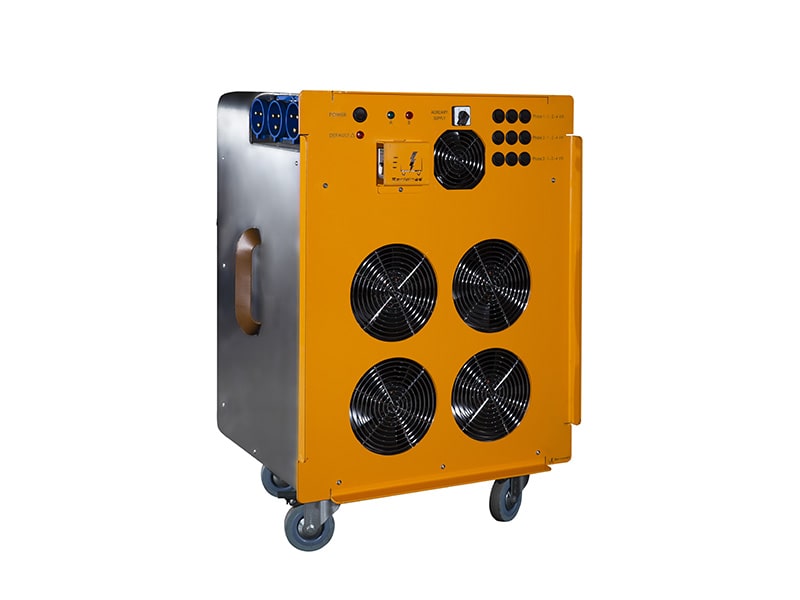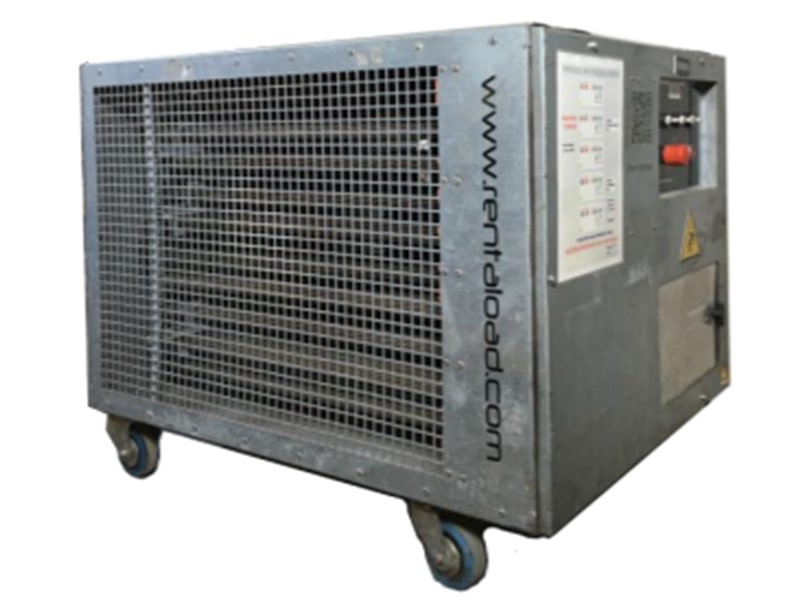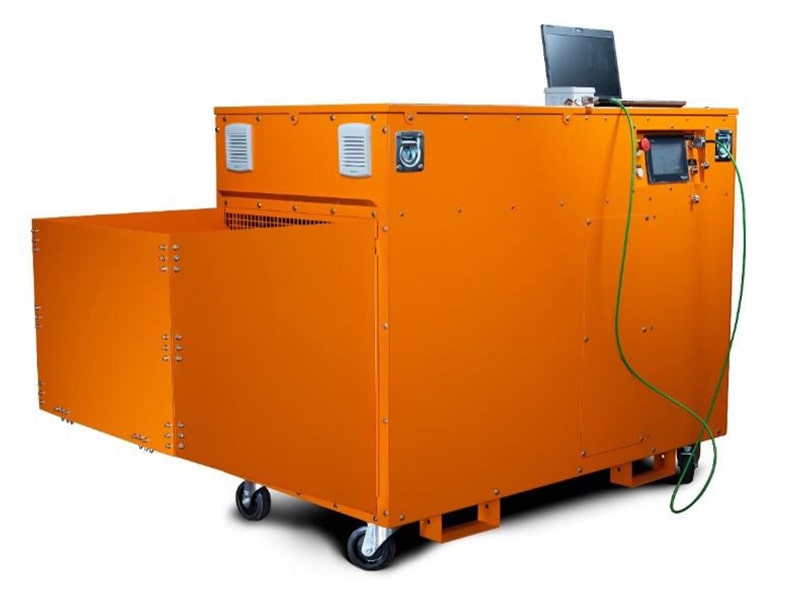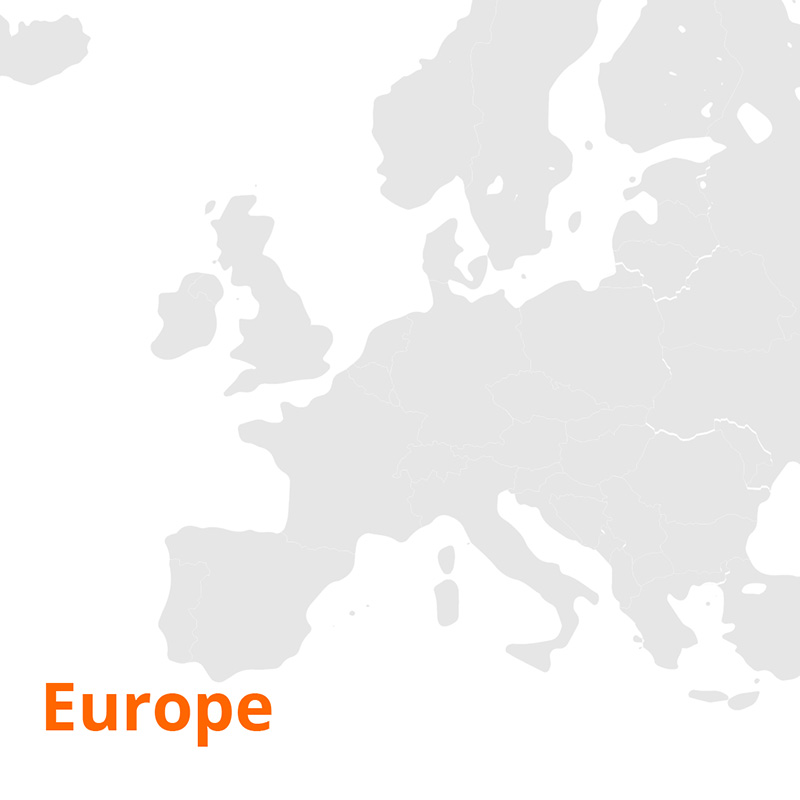HEALTH & HOSPITALS
Rentaload operates in the “Health & Hospitals” sector mainly to carry out electrical tests (transformers, electrical distribution boards) and takes charge of the periodic tests of emergency equipment such as generators, inverters or batteries.
For this, Rentaload offers the rental of resistive load banks ranging from 0.5 KW to several MW in alternating current or direct current as well as a whole range of associated services : delivery on site, installation and connection but also assistance with tests or complete commissioning .
Find out below what the law says about the tests to be carried out in this sector of activity.
If you need more information, do not hesitate to contact us.
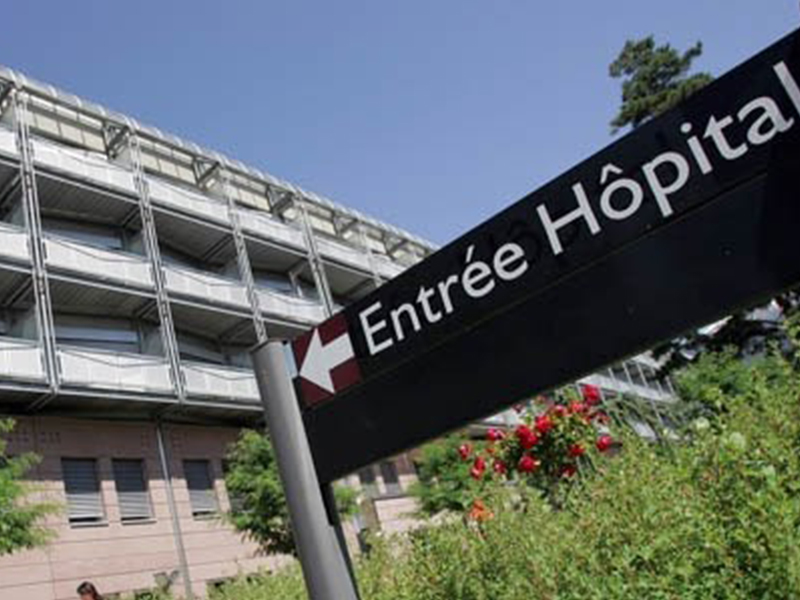
What does the law say about the tests to be carried out in the “Health & Hospitals” sector?
A duty to ensure patient safety with a continuity of service of at least 48 hours
Article 7 of Law No. 2004-811 of August 13, 2004 on the modernisation of civil security requires health and medico-social establishments housing vulnerable people to take the necessary measures for the safety of patients in the event of power grid failure.
This legislative provision has therefore provided for two possible methods of guaranteeing the safety of these establishments in the event of a power failure:
- An autonomous power supply , either throughout the building as for hospitals, or in certain areas only, where the occupants can then be grouped together in the event of a breakdown;
- Taking alternative measures to guarantee the safety of the people accommodated, by ensuring, for example, minimum lighting and heating conditions or even natural ventilation in the event of high temperatures.
The establishments concerned must therefore:
- Either ensure the availability of independent energy supply means for the facilities used in order to guarantee the safety of the people accommodated with continuity of service for at least forty-eight hours,
- Or provide measures to ensure, by themselves, the safety of the people accommodated in the event of failure of the energy network.
In all cases, these measures must be provided for by the legal representative of the establishment or the head of the establishment. The decree also specifies the categories of establishments concerned, namely:
- The medico-social establishments mentioned in article L. 312-1 of the CASF,
- Health establishments, in other words those providing permanent collective accommodation and those providing short-term care in MCO (Medicine-Surgery-Obstetrics).
Emergency equipment testing
In the event of a power cut in the establishment, the backup equipment (generators, inverters and batteries) is supposed to take over and ensure the power supply. They thus make it possible to ensure continuity of service in the establishment and to preserve patient safety.
This is the regulatory system of April 7, 2008 relating to the prevention of power cuts in health establishments which obliges each structure to ensure continuity of service for at least 48 hours in the event of absence from the national network.
The rescue network is particularly sensitive and strategic. The law therefore requires that the generating set be tested monthly under dummy load and at least twice a year under real load on the network. The reason is to avoid energy breaks in survival and protective equipment for hospital patients: fire detectors, security lights, elevators, etc.
This is where our load banks come in. Indeed, we are going to come and test the emergency equipment directly within the establishment in order to check that they are working correctly and that they can take over in the event of a power cut.
Genset Tests
“A replacement generating set can be used as a safety source provided that it complies with the NF S 61-940 standard and that the power necessary to ensure the start-up and operation of all the fire safety equipment is sufficient. When the replacement source includes several generating sets, in the event of failure of one of them, the available power must remain sufficient to ensure the start-up and operation of all the fire safety equipment”
The best way to test the generating set without altering the quality of service is to carry out maintenance of the generating set on a load bank. The load bank will simulate the load emitted by hospital equipment – elevator, medical equipment, etc. – and confirm the capacity of the generating set to take over in the event of a cut on the main network.
These tests are often coupled with a unit maintenance operation and enable the repair to be validated. Generator set manufacturers (SDMO, Cummins, Genelec, etc.) also strongly recommend running the set for a few minutes each month.
This is one of the most important tests for this “Health & Hospitals” business sector.


